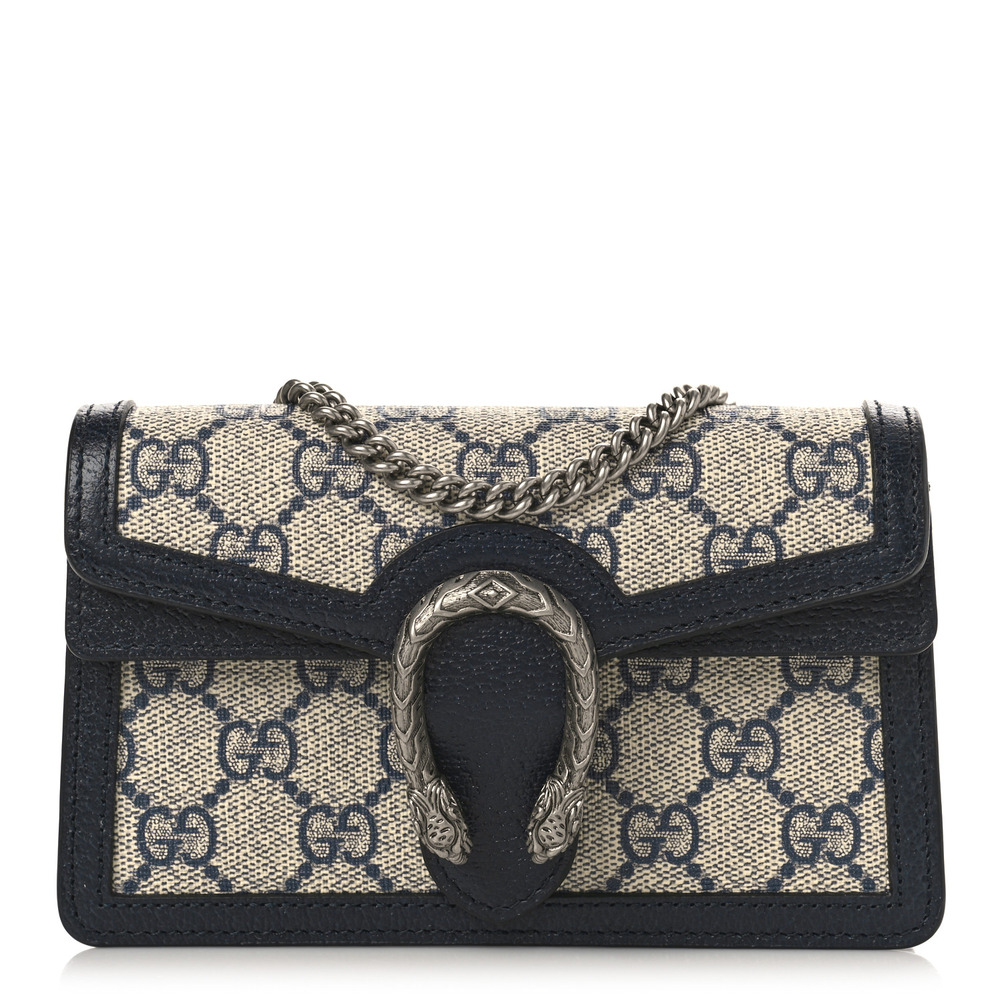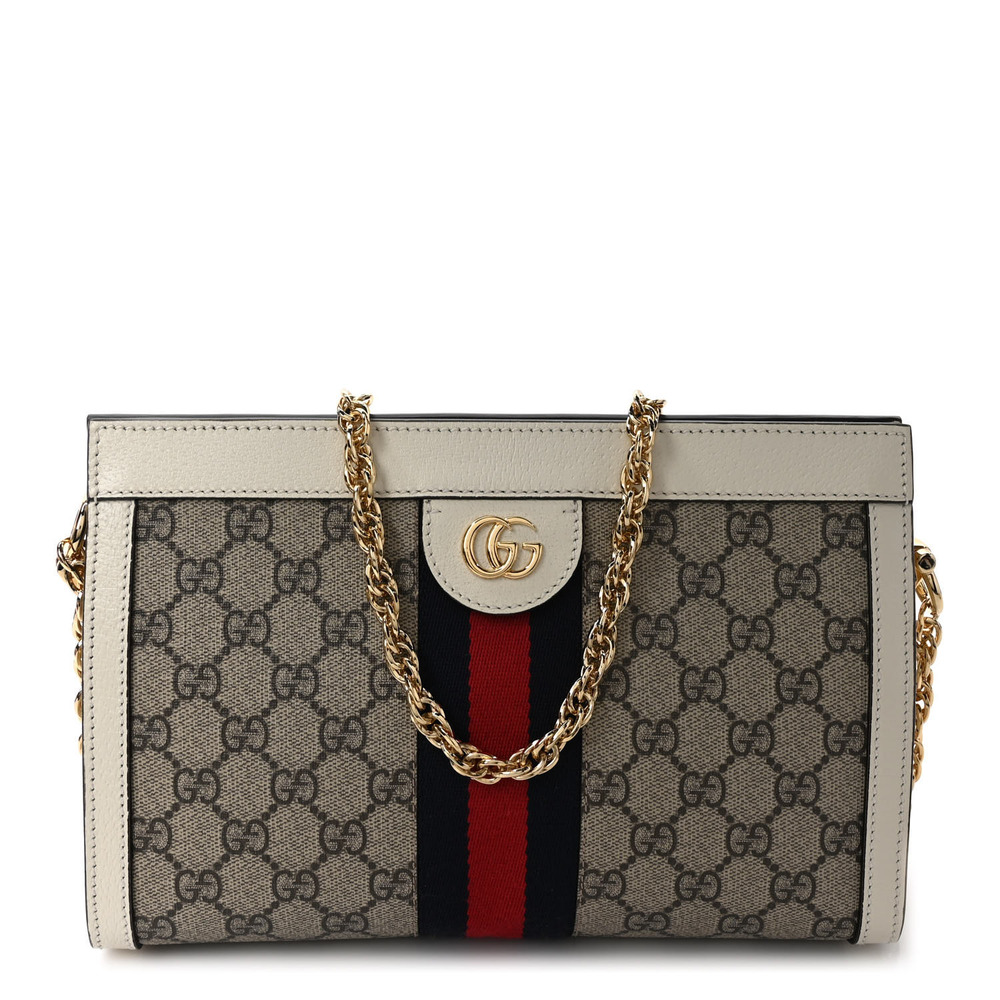The thriving culture around designer handbags, particularly replicas, exists in a murky yet glamorous corner of the fashion world. Luxury brands like Gucci have long been revered for their impeccable craftsmanship and unique designs. However, the high price tags often place these coveted accessories beyond the reach of many. This has catalyzed a parallel market, where individuals can indulge in the allure of luxury without depleting their bank accounts. This blog post aims to dissect this intriguing trend, reflecting on the cultural, ethical, and legal implications associated with replica designer bags.
The Evolution of Gucci
Gucci, founded in 1921 by Guccio Gucci, began as a modest leather goods workshop in Florence, Italy. Its heritage is steeped in equestrian and aristocratic connotations, evident in its signature horsebit and striped webbing designs. Over the years, Gucci has weathered changes in leadership that saw the brand reinvigorated with modern ideas while holding on to its Italian essence. The interlocking “GG” logo, introduced in the 1960s, has become synonymous with the brand and an essential element in many of its most iconic designs.
The Rise of Replica Designer Bags
Replica designer bags have surged in popularity for several reasons. The most obvious is the cost—replicas provide consumers the chance to own a near-identical version of a luxury item for a fraction of the price. However, there is a complexity in the purchasing decision; many buyers of replicas have the disposable income to buy the original, but are drawn to replicas as a form of modular consumption. This allows them to keep up with fleeting trends without committing to a high price tag or long-term investment. Despite the allure, ethical concerns and legal ramifications loom large over this industry.
Ethical and Legal Concerns
The main contention with replicas lies in the reproduction of intellectual property without consent. While there is a difference between paying homage to an iconic design and flat-out counterfeiting, the line can sometimes blur. Counterfeit products can often involve the exploitation of intellectual property rights and circumvention of labor standards. Furthermore, counterfeit items sometimes go on to fund illegal activities. On the flip side, reputable replica manufacturers argue that they offer a way for consumers to access high fashion ethically and legally.
How to Spot a Quality Replica
Quality replicas often come incredibly close to their designer counterparts. However, there are telltale signs that can help one discern whether a replica is a cut above the rest or a cheap knockoff. Stitch quality, materials used, and the accuracy of the brand’s markings can be dead giveaways. Educating oneself on the brand and its production methods can be invaluable in making this distinction, ensuring that consumers get the best quality for their money.
The Impact on the Luxury Market
The impact of the replica market on luxury brands is multifaceted. On one hand, it can introduce the brand to consumers who may not have interacted with it otherwise. On the other, it can dilute the exclusivity and prestige that these luxury brands have worked hard to maintain. Additionally, the resale market for luxury goods can also be affected, as high-quality replicas can sometimes go undetected, then resold as genuine, sowing distrust among buyers.
Sustainable Fashion and Replicas
The notion that replicas could contribute to a more sustainable fashion industry is an intriguing perspective. By allowing consumers to access trends without needing to constantly buy new products, replicas could potentially reduce the demand for fast fashion and minimize waste. However, this hinges on ensuring that the materials and labor used in replica production are also sustainable and ethical—two areas where the industry falls short far too often.
Conclusion
The allure of designer bags is undeniable, and the question of whether to indulge in the world of replica designer bags is deeply personal. It prompts a conversation about the nature of creativity, ownership, and consumption in the fashion industry. Navigating this trend with an informed perspective is essential. Luxurious fashion is not solely about the item but the story, the artistry, and the cultural value it represents. When done responsibly, replica designer bags can be a means for fashion enthusiasts to express their style and appreciation for design. However, the ethical and legal implications are complex and cannot be ignored. It is our role as consumers to appreciate the art and craftsmanship that go into these luxurious pieces while also upholding the integrity and the rights of the designers and brands we admire. Balancing these considerations is key to ensuring that the allure of luxury does not overshadow the ethical path towards creating a more sustainable and respectful fashion industry.



